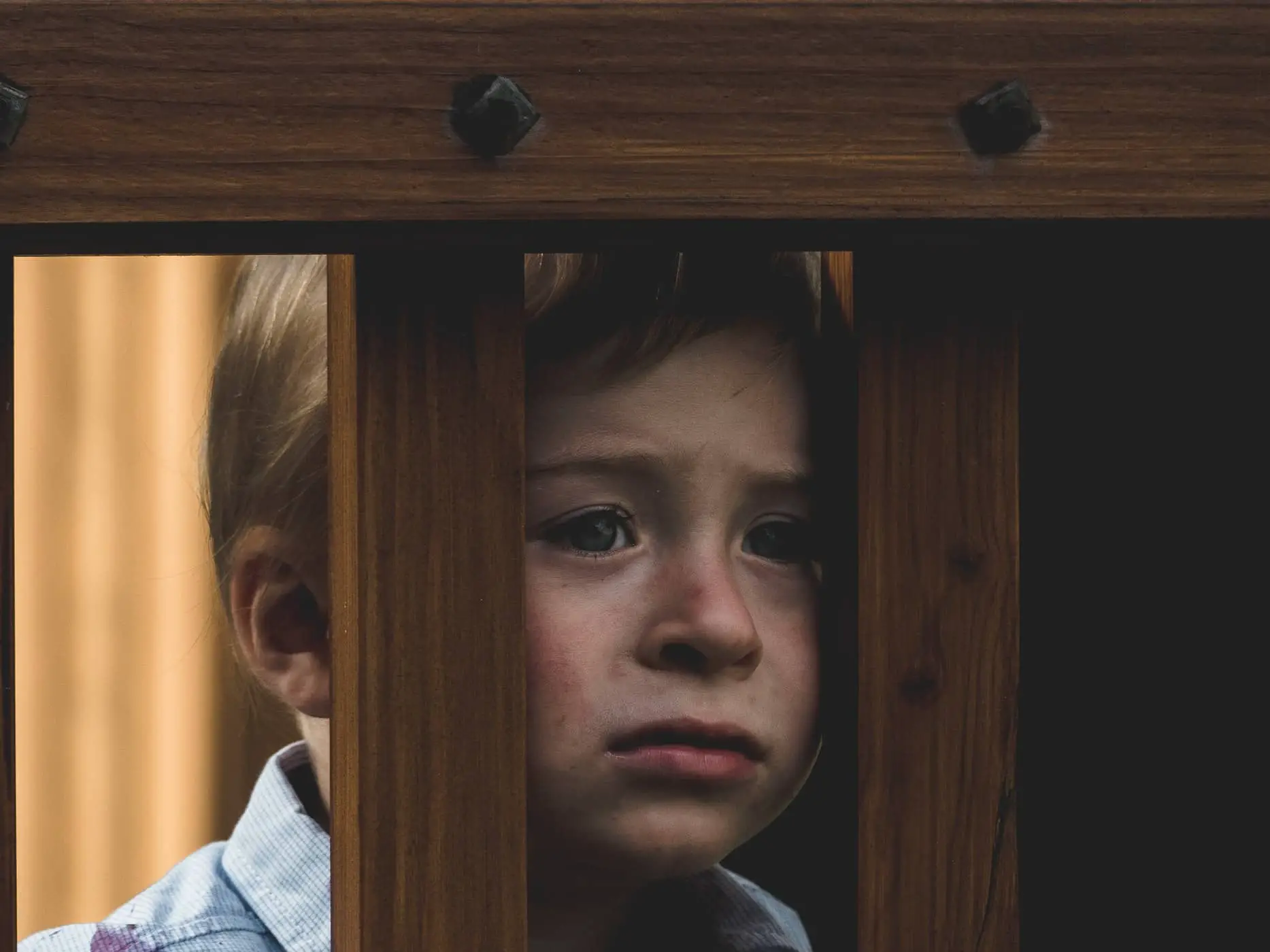The number of children in care on the Isle of Wight has increased over the course of the Covid pandemic.
One council boss has potentially put the increase down to delays in referrals due to the lockdown, meaning families broke down.
Almost as many in six months as previous year
Figures from the Isle of Wight Council show the number of children in care has now gone up to 277 from 267, which the authority says remains a significant cost pressure on the service.
In the first half of the 2020/21 financial year, ten children were placed into care, compared to 11 in the entire 2019/20 year.
Related to poor mental health of parents
The increase between July and September, the council says, is mainly related to issues involving parents’ mental ill health and it is expecting the demand in the area to continue to rise.
Latest figures show the average rate of children in care in England was 65 per 10,000 but on the Island the average was at 98 per 10,000.
Volatile numbers
Steve Crocker, the director of children’s services for Hampshire and the Isle of Wight, said the numbers were incredibly volatile at the moment.
Since children have returned to school the number of contacts made to children’s social care has also increased after they initially declined during the first lockdown.
Only a third turn into referrals
So far this year, figures from the council show 5,847 contacts were made to the children’s social care team, with just under a third, 1,875, turned into referrals.
Demand for social care continues to be higher on the Isle of Wight than national averages as England’s average rate of referrals stands at 544.5 per 10,000 compared to the Island where the figure is significantly more at 974.7 per 10,000.
Speaking at a meeting of the Isle of Wight Council’s corporate scrutiny committee, Mr Crocker said as society opened up and more professional eyes were on children, as well as an increase in referral rates and children in care, the number of child protection investigations rose.
Radical change to how children are looked after
The Isle of Wight Council has invested £200,000 into a fund to look at new ways of working, and training for social workers to help families be more resilient, to change and to look after their children safely at home rather than coming into care — something Mr Crocker says is a major undertaking.
This article is from the BBC’s LDRS (Local Democracy Reporter Service) scheme, which OnTheWight is taking part in. Some alterations and additions may be been made by OnTheWight. Ed
Image: Tadeusz Lakota under CC BY 2.0





